Question And Answer
Publications
Articles, publications, books, tools and multimedia features from the U.S. Institute of Peace provide the latest news, analysis, research findings, practitioner guides and reports, all related to the conflict zones and issues that are at the center of the Institute’s work to prevent and reduce violent conflict.
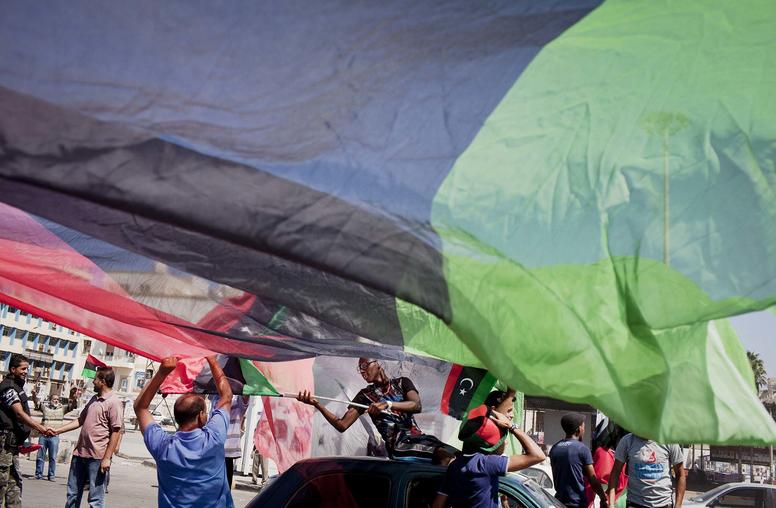
On the Road to Peace, Libya Makes Progress but Hits Pitfalls
After a decade of war and division, Libya has made progress toward peace this year. In March, a Government of National Unity (GNU) was formed to unify the warring Western-based Government of National Accord and the Eastern-based authorities supported by Gen. Khalifa Haftar, who commands forces known as the Libyan Arab Armed Forces (or Libyan National Army). The GNU is a provisional body meant to lead the country to long-delayed elections on December 24. While some progress has been made — a cease-fire agreement has been signed and the executive has been unified — many challenges remain. Chief among those challenges is developing a framework for national reconciliation and addressing the destabilizing role of foreign powers.
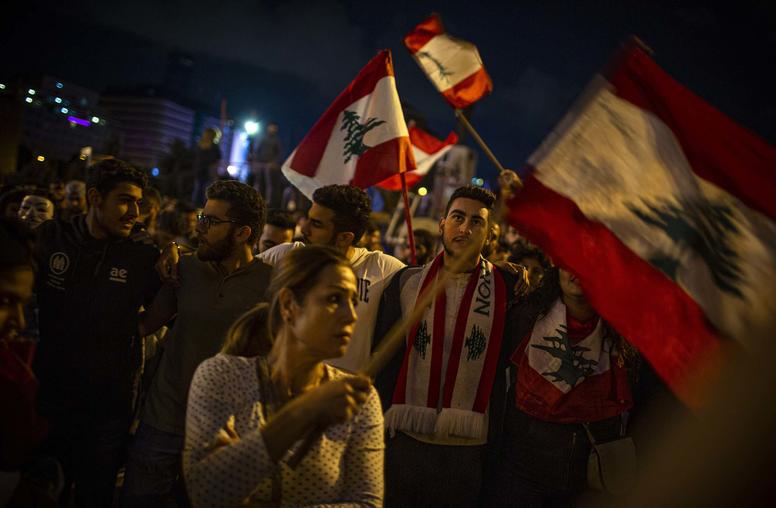
What Could Make or Break Lebanon’s 2022 General Election
Lebanon, unlike many other countries, is actually ruled by a conglomerate of political figures and business elites and organizations. Therefore, a change in Lebanon can neither be about a single politician or party nor can it be led by one political group. In the past 15 years, there were several attempts to alter the governance model and practices in Lebanon. All of them proved unsuccessful for various reasons including the toxic manipulation of identity-based politics by the majority of politicians and clerics, deep-seated corruption, twisted social norms, regional power competition and the absence of an organized, competent and capable political alternative.
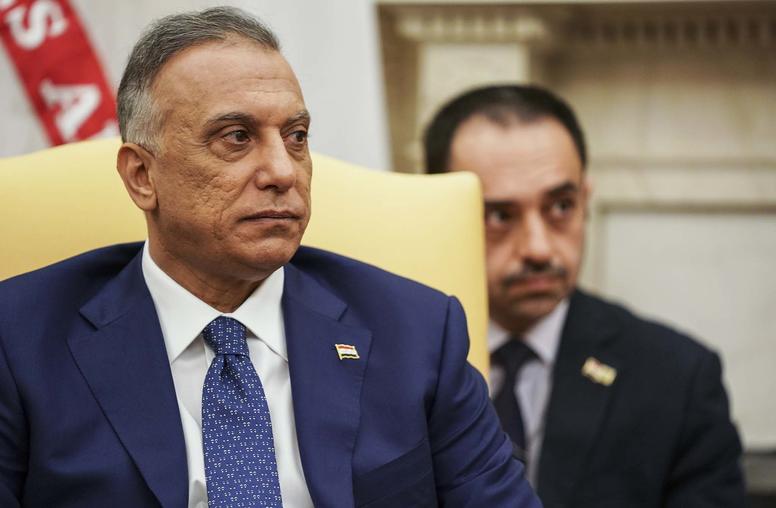
Where Is Iraq a Year After Prime Minister Kadhimi Took Office?
Iraqi Prime Minister Mustafa al-Kadhimi came to power a year ago today after a protest movement toppled the previous government and successive attempts to establish a new one failed. Inheriting a country deep in the midst of political and economic crises, Kadhimi has spent the last year trying to put Iraq back on the path toward stability all while navigating U.S.-Iran tensions playing out on Iraqi soil. USIP’s Elie Abouaoun and Sarhang Hamasaeed look at what Kadhimi has done to attempt to placate protesters, the importance of Iraq’s October national elections and how the prime minister has dealt with U.S.-Iran tensions.
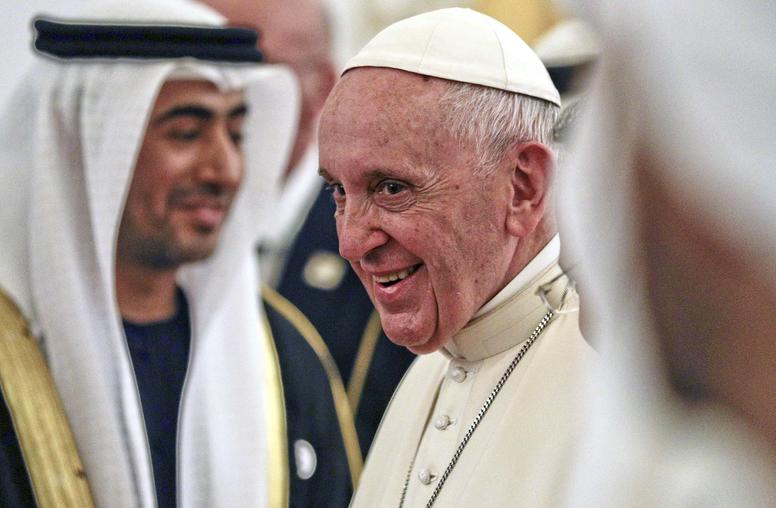
The Pope's Visit to Iraq and the Future of the Country’s Christians
The visit of His Holiness Pope Francis to Iraq this week happens in a context of despair felt across Iraq’s ethnic, provincial and sectarian spectrum. Christians in Iraq, victims of decades of oppression, look at this visit as a symbol of hope. They also hope it will help address some of their lingering fears. The pope’s priorities for Iraq’s Christians should be formulated in specific terms. While Christians in Iraq remain hemmed in on how to deal with the past, but optimistic about their future, most feel overwhelmed by the upcoming visit of Pope Francis. As in many other cases, some of the expectations from the visit are indeed too high to meet.
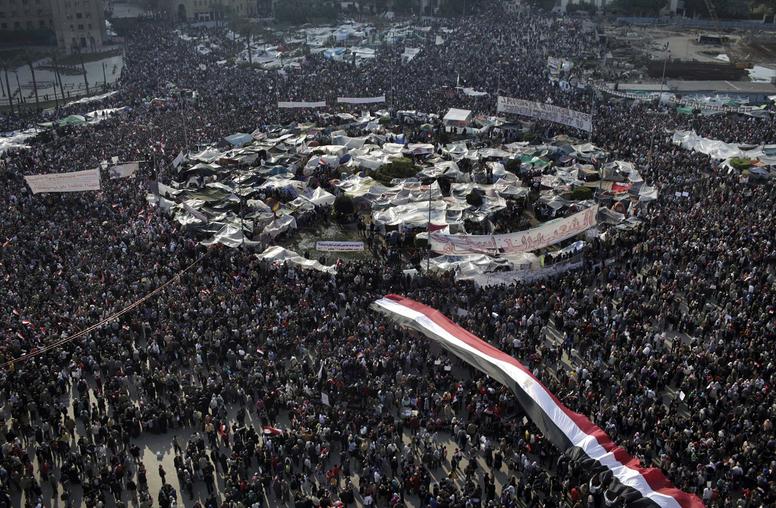
The Arab Uprisings 10 Years Later: In Pursuit of Legitimacy
Ten years ago, a wave of unprecedented unrest ignited the Middle East and North Africa (MENA) region as citizens took a stand against regimes with a long history of authoritarianism and fraying socioeconomic stability. Ever since, there has been an abundance of analysis surrounding the impact of the Arab uprisings on MENA countries. But one critical element of a thorough reflection is missing: Why have the post-2011 governments—transitional and elected—been unsuccessful in fulfilling the expectations of their people?
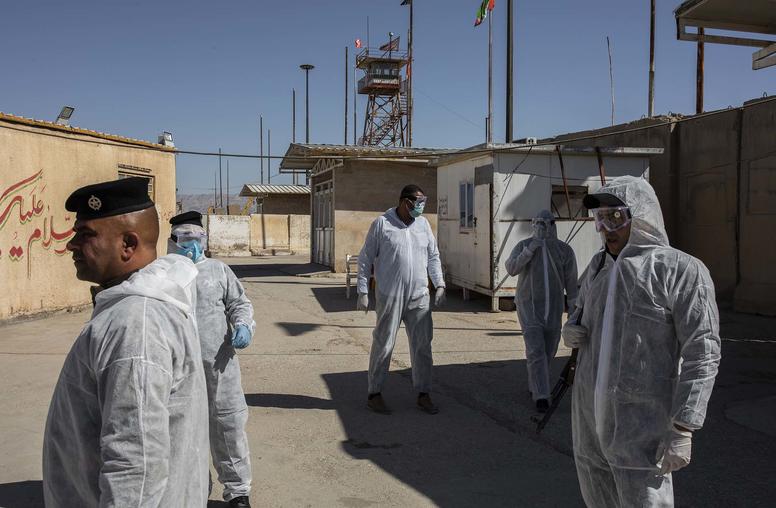
International aid prioritizes the pandemic over peace. But at what cost?
With the novel coronavirus emerging in late 2019, the attention of Western governments and international NGOs was dominated by the COVID pandemic in 2020, upending everything from domestic policies to international assistance priorities. The Devex funding database reveals more than $20.5 trillion has been committed to the global COVID-19 response from January to November 2020, with around $186 million for the Middle East and North Africa (MENA) region. Does this prioritization of COVID align with challenges facing the people of the region? Conversations with local peacebuilders expose that although the COVID cases might increase in 2021, pressing socioeconomic needs continue to trump concerns about the pandemic.
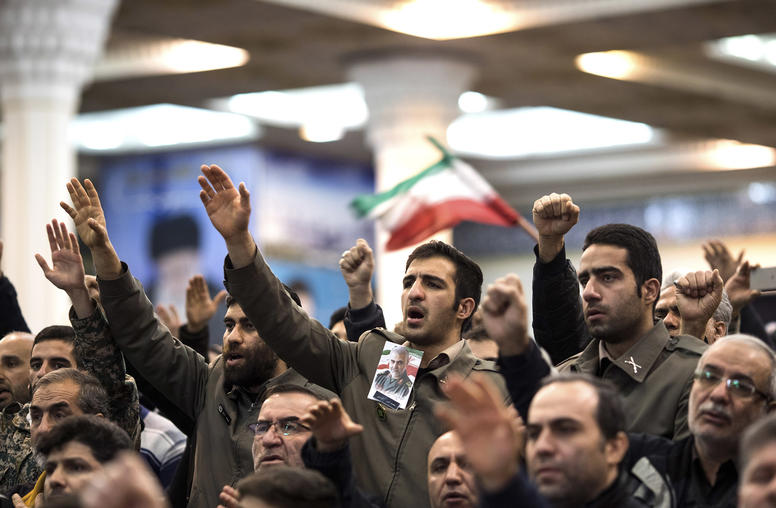
A Year After Soleimani Strike, Iraq Bears the Brunt of U.S.-Iran Tensions
The January 3, 2020 U.S. drone strike that killed powerful Iranian commander Qassem Soleimani on Iraqi soil marked an escalation in already simmering U.S.-Iran tensions. For Iraqi leaders, the Soleimani strike exacerbated an already challenging balancing act in maintaining Baghdad’s relationships with the United States and Iran, with whom it shares a long border and religious and social ties. During the past tumultuous year for Iraq, U.S. forces and Iranian-allied armed groups engaged in tit-for-tat attacks in Iraq. USIP’s Elie Abouaoun and Sarhang Hamasaeed look at how U.S.-Iran tensions played out last year in Iraq and the region and if the incoming U.S. administration, and its desire to reengage in nuclear talks with Iran, could help allay the impact on Iraq.
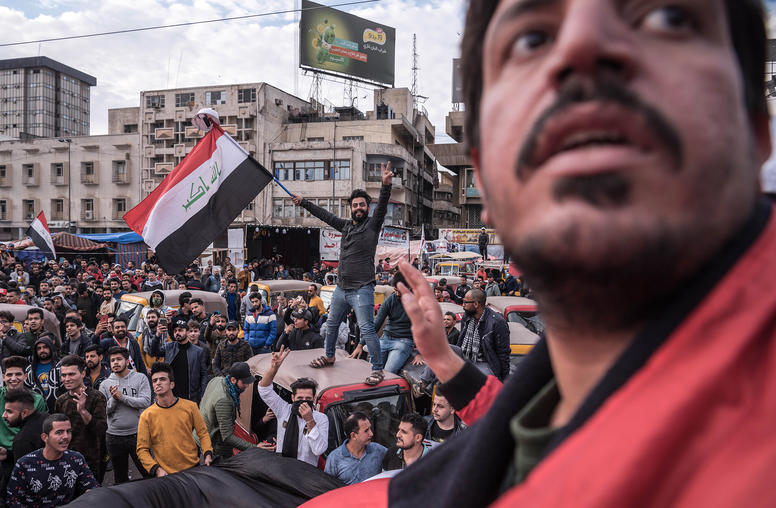
Iraq One Year After its Seismic Protests Began
Iraqis hit the streets in unprecedented numbers last October, calling for political and economic reforms, greater job opportunities for youth, and better government services. In the year since, the country has been rocked by a number of developments, including growing U.S.-Iran tensions playing out on Iraqi soil, the COVID pandemic, and increasing citizen disenchantment with the country’s political system and its sectarian foundation. USIP’s Sarhang Hamasaeed and Elie Abouaoun look at where Iraq’s protest movement stands today, the economic impact of COVID, the prime minister’s call for early elections, and U.S.-Iraq relations.
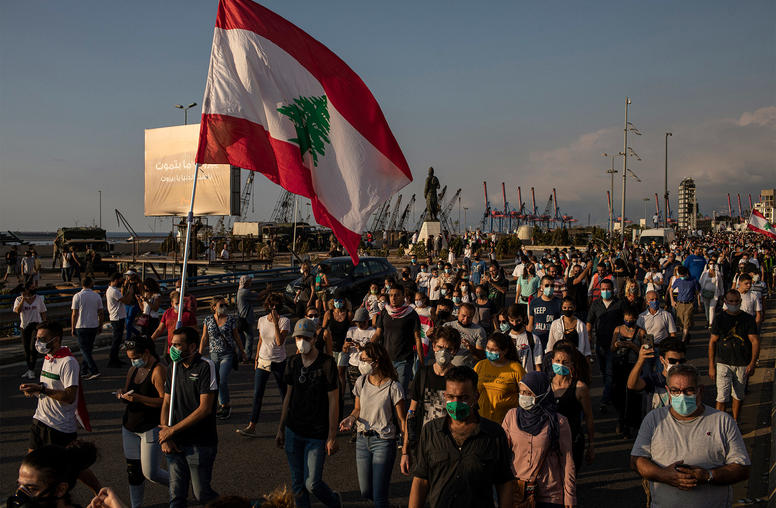
The Beirut Blast Has Yet to Spark Political Reform
Over two months later, there are still more questions than answers regarding the Beirut explosion that killed over 200 people and damaged large swaths of Lebanon’s capital city. Meanwhile, the fallout from the explosion has forced the resignation of Lebanon’s government, which had already been under fire after months of protests over corruption and a deteriorating economy. USIP’s Elie Abouaoun and Osama Gharizi look at where the blast investigation stands, what’s holding up the formation of a new government, and what a new outbreak of COVID-19 means for Lebanon.
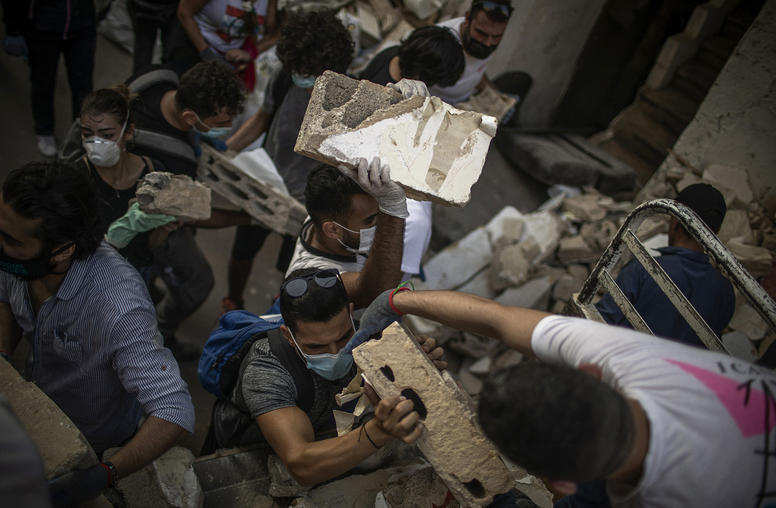
After Beirut Blast, What’s Next for Lebanon’s Broken Political System?
A massive explosion ripped through the Port of Beirut on August 4, sending shockwaves through the Lebanese capital, killing approximately 200, injuring thousands, and leaving upwards of 300,000 homeless. This comes with Lebanon already on the brink of economic collapse, struggling to address a COVID outbreak, and as the trust gap between citizens and the state is wider than ever. Although in the immediate aftermath of the explosion some suggested Lebanon had been attacked, the cause of the explosion is likely much more banal: government negligence resulted in thousands of pounds of explosive chemical material to be improperly stored in the port for years. USIP’s Elie Abouaoun and Mona Yacoubian examine what this means for Lebanon’s beleaguered political system, the long-term implications for the country, and how the international community has responded so far.